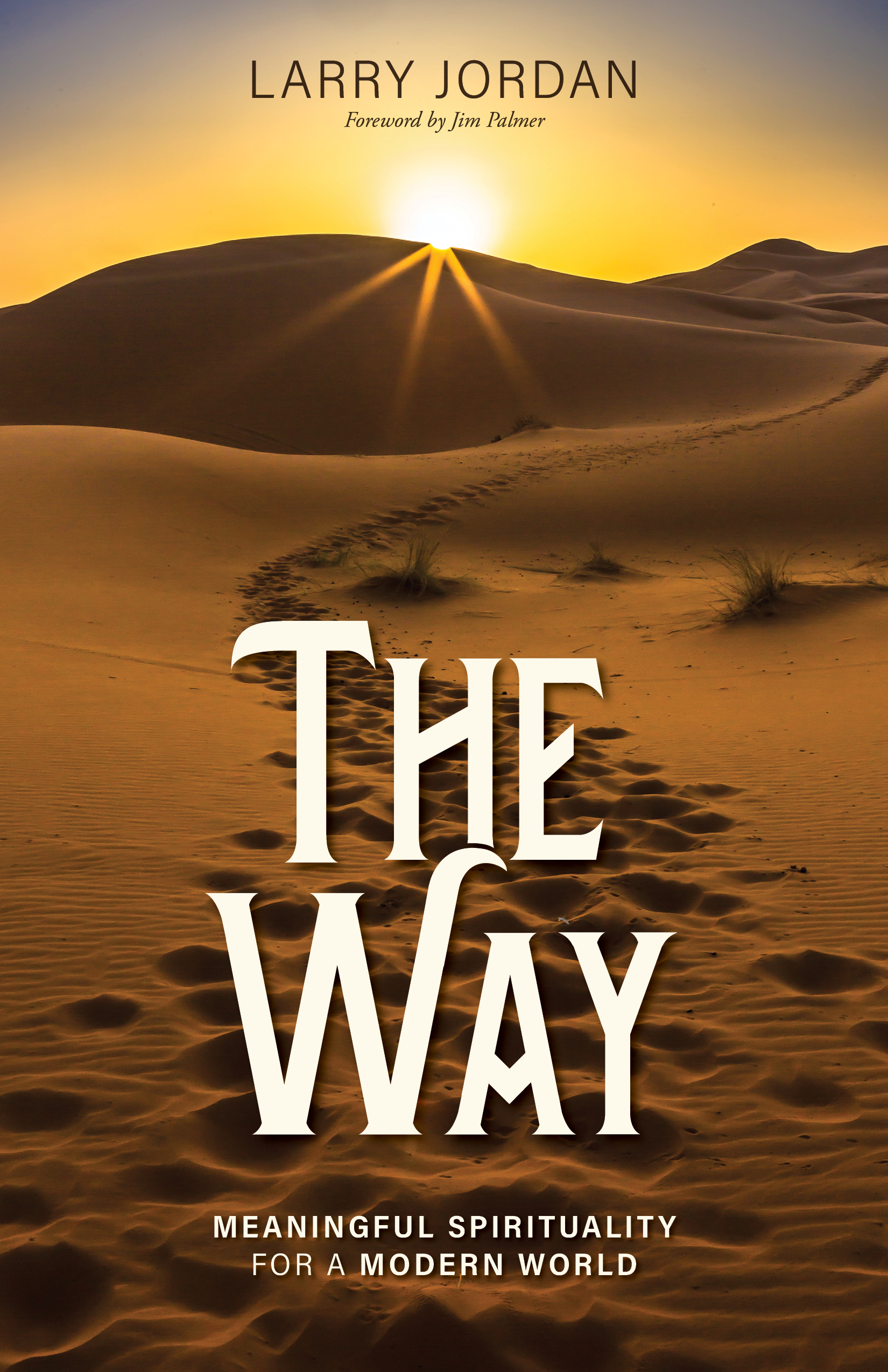Does Spirituality Demand Activism or Pacifism?
Oneness underlies our apparent separation. Do we act or speak to proselytize people or to win an argument? Why? Do we act or speak to protect people or to seek understanding? Why NOT?
Is “The Way” Narrow or Exclusive or Unique?
What if other traditions contain some “Truth with a capital T?” What if they all describe an Ultimate Reality that is not necessarily intentional or personal or supernatural?
The Spiritual Artist podcast
CJ Miller and I had a great discussion on The Spiritual Artist podcast.
Exceptionalism Can Be Exceptionally Harmful
Do we harbor an innate sense of superiority? How can we treat people and other animals with compassion and wisdom if we harbor an innate sense of superiority?
Are Humans and Other Animals Altruistic?
It seems reasonable to me that “unselfish” behavior in animals or humans can be similarly and variously explained by some combination of altruism, protective instincts, and reciprocal behavior. Why would we assume that humans are different than other animals, that humans are inherently “good” or “bad,” or that altruistic behavior in humans or other animals is NOT natural?
The End of Evolution?
What if natural intelligence has reached the end of its evolution, while artificial intelligence has only reached the beginning of its evolution?
Nations Rise and Fall. Religions Rise and Fall.
Nations rise and fall, and religions rise and fall. Species evolve and face extinction. If human beings are still here in 2,000 years, will the religions of our day still exist?
Certainty is the Great Enemy of Unity
In Conclave, author Robert Harris writes, "...The one sin I have come to fear more than any other is certainty. Certainty is the great enemy of unity. Certainty is the deadly enemy of tolerance."
Transcendent Experiences: Nirvana or Nonsense?
Richard Dawkins and other scientists are interested in transcendent experiences. They are NOT seeing anything personal or supernatural. Scientists are simply imagining something natural that we might ultimately be able to explain with biology, chemistry and physics.
Mind Beyond Brain: Are We Living in the Matrix?
In my writing, I suggest that the brain might be more of a receiver than a transmitter. This may explain phenomena like extra-sensory perception, near-death experiences, out-of-body experiences, and past life recollections more simply than alternative explanations.
SF Walker Book PReview
Sometimes, I Google myself to see what's out there. Today, I came across a video by SF Walker, who (p)reviews books.
The Science of Beauty and the Beauty of Science
Science is exploring the big questions that theology is ignoring. Have you ever heard a sermon on awe, consciousness, interconnection, mind beyond brain, or transcendence? Me, neither.
Reconciling History and Mythology
Anyone who studies mythology will recognize that many aspects of the Christian story are common archetypes in other traditions.
Rediscovering Introspection, Reflection and Restoration
Pope Leo XIV recently delivered an address expressing appreciation for the Eastern Catholic churches. I think that the Pope was talking about introspection, reflection and reparation.
Resolving Certainty and Doubt
We do NOT know anything about Ultimate Reality. At least, we do NOT “know” in the way that we know that the sun is shining.
Juliette Fowler Communities service
This is a sermon that I delivered at a Christian worship service at Juliette Fowler Communities in Dallas, Texas.
The Two Halves of Life
The two halves of life offer two different experiences. Will we have the emotional maturity to accept these differences and to adjust our ways of life to accommodate them?
The Desert Sanctuary podcast
We appeared on The Desert Sanctuary podcast with our friends, Karl and Laura Forehand. Karl and Laura have coauthored several books. Karl has 20 years of experience as a pastor and counselor, and Laura is a second-grade teacher.
Is There a Conflict Between Psychology and Spirituality?
Many observers conclude that self-actualization and self-transcendence are complementary.
Does Religious Deconstruction Lead People Away From Church?
A good friend is a well-known personality in the religious deconstruction space. He was asked to speak at a progressive Christian church about deconstructing religion while remaining in church.

